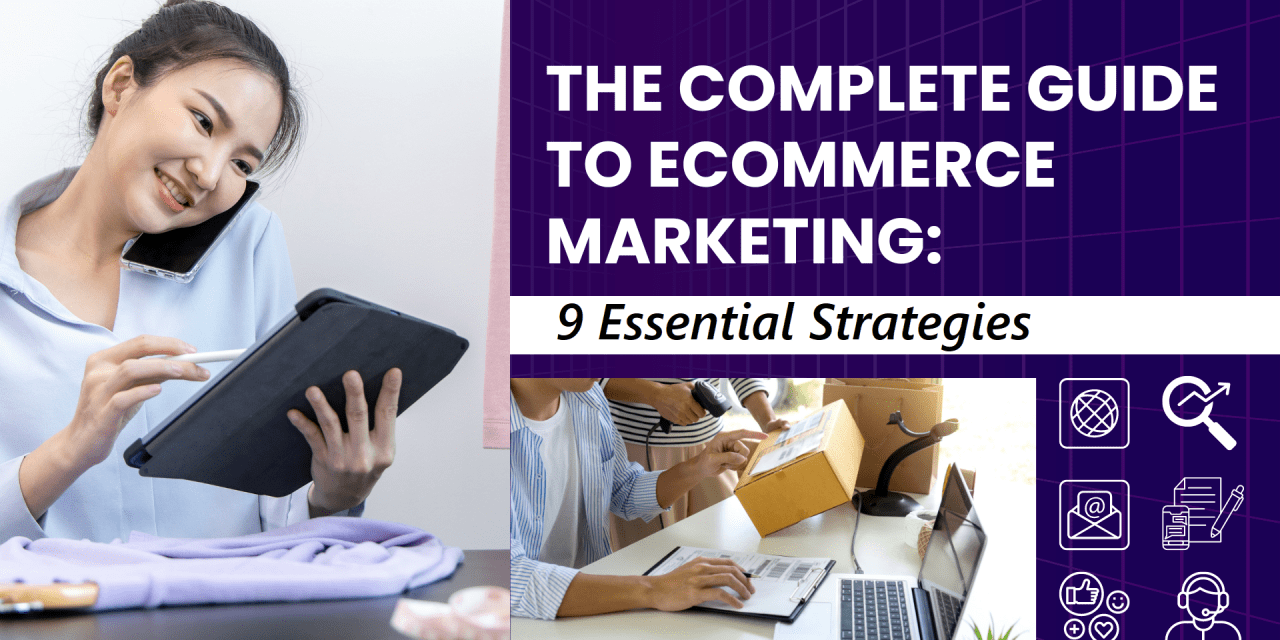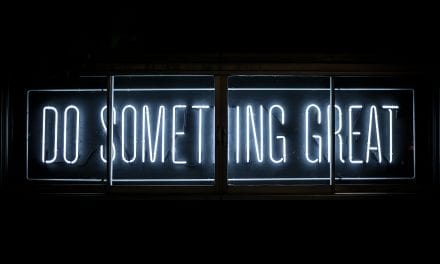Whenever someone discusses ecommerce marketing, most people take B2C marketing into account. Some people must remember that there is a great demand for B2B marketing and that you must focus on developing bulletproof strategies to skyrocket your sales.
According to statistics, B2B marketing e-commerce sales were projected to reach the $1.2 trillion mark in 2021. And the sales will continue to grow manifold by the time 2023 ends.
Ever since the pandemic, the e-commerce sales of the B2B marketplaces have grown phenomenally. Due to the prolonged lockdowns and restrictions, purchase managers were more than happy to shop supplied for their industries from online selling platforms.
This means there is great potential in B2B e-commerce platforms. However, they are a bit tricky since selling to other companies instead of customers is a challenging nut to crack. Various aspects play vital roles in lead generation and conversions.
So, in this article, we will discuss some of the top strategies to help you boost your B2B e-commerce marketing and score new clients effectively.
What is B2B E-commerce?
B2B e-commerce is similar to the basic e-commerce business model. The only difference between the two is that in B2B e-commerce, businesses sell to other companies digitally instead of customers.
A B2B business model is more complicated than a B2C model because, in B2B sales, the sales cycle is a bit longer since it involves various stakeholders, has a higher cost, includes bulk orders, and other essential aspects.
For instance, a B2B e-commerce business can be a manufacturing industry. In this case scenario, the manufacturing industry develops equipment and sells it to other businesses in bulk. The microchip is one example of such a business.
This company develops microchips and sells them to Apple in bulk. Apple uses these chips to develop its iPhones which are then sold to its customers. But to sell these products, the company first has to make its mark by doing appropriate marketing through different strategies that may include:
- B2B Demand generation
- Researching potential clients
- Creating realistic marketing personas
- Appointment setting
- Designing an attractive website
- Encouraging feedback
The strategies of B2B ecommerce marketing are similar to those of B2C marketing. However, in this marketing model, you can influence your potential prospect’s buying decision in person by incorporating appointment-setting services. With the help of this strategy, you can invite your potential prospect to listen to your sales pitch and find out why you’re the optimal choice for them.
You can also incorporate SEO to boost your website’s ranking and create realistic marketing personas to narrow your target audience. To be precise, B2B marketing strategies are just as dynamic as B2C marketing strategies, and we will discuss some of them below.
9 Strategies of B2B E-commerce Marketing
It may seem difficult to figure out accurate B2B e-commerce marketing strategies. Still, if you know where to start, you will be able to achieve your goals sooner than you know.
So, here are some of the best B2B e-commerce marketing techniques that will boost your sales by converting prospects into clients.
1. Conduct Thorough Research
You must first conduct massive research to market your business to potential buyers. You need lots of information regarding your products, your potential prospects, and competitors to develop a marketing scheme that will prove beneficial.
Once you know better how your competitors and potential clients work, you can deliver a better user experience which is all needed to generate sales. It will also help you understand everything your company is currently working on and what more you can offer your clients to make them stay.
2. B2B Demand Generation
B2B demand generation is one of the earliest inbound marketing tactics you can use at the top of your B2B sales funnel. This specific strategy is solely based on data and aims at creating awareness of your products to generate demand.
While most B2B buyers intend on stepping onto the ecommerce platforms to purchase products, not many can make this decision due to a lack of trust and awareness. The B2B demand generation convinces these buyers the solution to their problems lies with your offerings.
A demand generation process mainly targets the pain points of your target market and works on providing them with ample solutions. Marketing professionals can use demographics and behavioral data to determine their target market’s problems.
Later, they have to develop marketing schemes to inform them about your products and how you have the ultimate solution that B2B buyers need.
3. Create Realistic Marketing Personas
Knowing your target market will make things a lot easier when you have done thorough research. Another top strategy to boost your results in B2B marketing is to come up with realistic marketing personas.
Identify your target market and note down everything they are and everything they are looking for. Enlist their demographics and realize what problems they are facing. Also, consider the B2B marketplaces they are currently purchasing from.
This will give you a detailed insight into their mindset, and you can craft your marketing campaign accordingly.
4. Combine Commerce with Content
If you think content isn’t the key here like it is with B2C marketing, then you’re mistaken. Instead, leave the generic content and create unique and engaging content that will entice your potential clients and educate them regarding your brand values, mission, and products.
Use e-commerce to your benefit and integrate all sorts of media on your website. Use pictures, videos, audio clips, infographics, gifs, reels, and whatnot. You can also incorporate your audience in this strategy and use them to publish case studies that will attract more audience to your web.
5. Focus on the Buyer Experience
Improve the overall customer experience. You can develop a section on your website that answers all the frequently asked questions about your products or services. This will help your potential client better understand what you’re offering, and they’ll be able to make up their mind.
It’s a very effective strategy since the prospect doesn’t have to rely on your response and can immediately get all the necessary answers. Also, ensure that your website is accessible across all gadgets. Having a mobile-friendly website will boost your sales phenomenally.
6. Use Appointment Setting
Hiring appointment setting services will help you impeccably amidst a B2B marketing campaign.
Incorporating appointment settings to boost sales will allow you to meet your prospect directly. You can have your sales team ready, and when the appointment setter sets the presentation stage, they can whoop in and take the lead.
This way, you can make your prospect comprehend what you’re offering more effectively. You will have an in-person conversation with them and address their concerns regarding your offerings in real-time.
There will be no delays, and you can lock the deal by the end of the meeting.
7. Boost Conversions with Social Media

Source: Pexels
While social media is an effective way to target consumers, it also gives you a chance to maintain a digital presence so potential buyers can find you when needed.
Ensure you’re present on all social media platforms, especially the ones relevant to your business, such as LinkedIn and Facebook. Keep your social media updated about any new products you’re launching, and occasionally post ads.
Active social media will surely boost your chances of converting leads into sales.
8. Develop an Attractive Website
Having an informational website isn’t the only important aspect of developing a website. You must also make your website attractive enough, so your potential clients enjoy sifting through it.
This is one of the most important marketing strategies for e-commerce platforms, and you shouldn’t take it lightly. Your website should have an intuitive design and must be visually attractive. Nobody will stay on your website if they get bored out of their minds a few times.
So, keep it simple but compelling so visitors find it a visual treat.
9. Ask for Feedback
Lastly, if you’d like your e-commerce platform to grow, ask your customers for their genuine and honest feedback. Post it on your website under the banner of reviews or testimonials so that new customers who come to your website for the first time know that you’re genuine.
Feedback will help garner the trust of an audience that has never shopped for you. So, ask for testimonials from your previous clients and request them to discuss how you have helped their business grow. It will, in turn, boost your sales.
Final Thoughts
So, these are some of the most effective marketing strategies to boost your e-commerce business and generate more sales than before.
Boosting revenue streams in B2B businesses can be challenging since it is hard to find ground for manufacturing businesses. But you have to realize your target audience already exists, and they are probably trying to find you.
You need to give them ways to access you easily, and you can do that by marketing your e-commerce platform. Incorporate B2B demand generation, use appointment settings to meet potential prospects, improve your website design, and maintain a solid social media presence.
It will help your business grow phenomenally well and generate new revenue streams.





